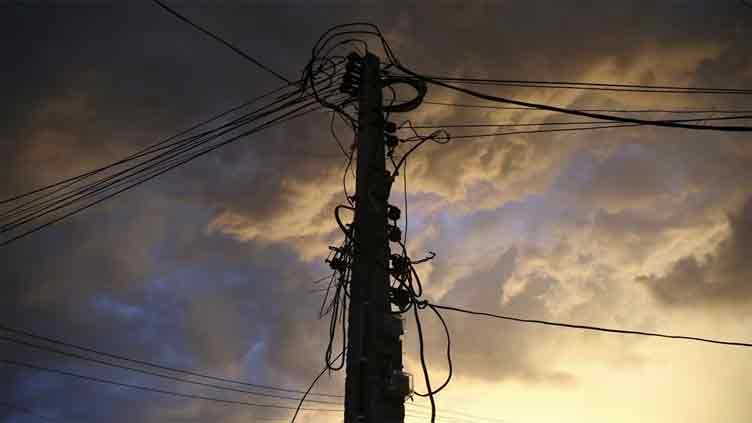Rising cost of living: Thailand PM promises to gradually reduce electricity prices

Business
Nearly two-thirds of power generation comes from natural gas
BANGKOK (Reuters/Web Desk) – Thai Prime Minister Srettha Thavisin said on Monday his government will gradually reduce electricity prices amid efforts to lower living costs in Southeast Asia's second-biggest economy.
To counter an economy struggling with soft demand for its exports and low investor confidence, Srettha and his 11-party government have promised a series of populist measures including suspending debts for farmers, raising minimum wage and providing handouts to all Thai adults via digital wallets.
"We've already reduced electricity prices but want to reduce more but it will take several weeks," the premier said, adding the country's economic situation is "not so good".
He was speaking at a forum hosted by Thai media outlet, Thairath.
Srettha, a real estate mogul and political newcomer, has come under fire in parliament for policies the opposition say are vague and lack clear direction.
But the prime minister has said the policies would be fiscally responsible and a signature 560 billion bahts digital wallet handout policy would not rely on loans.
Thailand mainly depends upon fossil fuels for power generation – 84 per cent of the energy mix with renewables comprising the remaining 16pc.
It has a relatively low share of coal in its power mix, but natural gas accounts for close to two-thirds of its electricity generation. The country also imports more than 10pc of its electricity from neighbouring countries — a large share of which is generated using coal.
But the depleting natural gas reserves at home have bumped up the share and cost of fuel imports, presenting a growing challenge for the country.
Earlier, a senior executive at state-controlled energy company PTT said Thailand's annual gas regasification capacity will nearly double by the end of the decade as liquefied natural gas (LNG) imports are set to rise to replace declining domestic production.
The country's gas consumption stood close to 4.8 billion cubic feet (136 million cubic meters) per day with LNG imports meeting just over a third of its demand.
But it is expected that LNG imports will fall to "a more manageable level" at the end of this year or first quarter of next year as domestic gas production could recover. However, gas production is set to decline in the long run which will require more imports.

